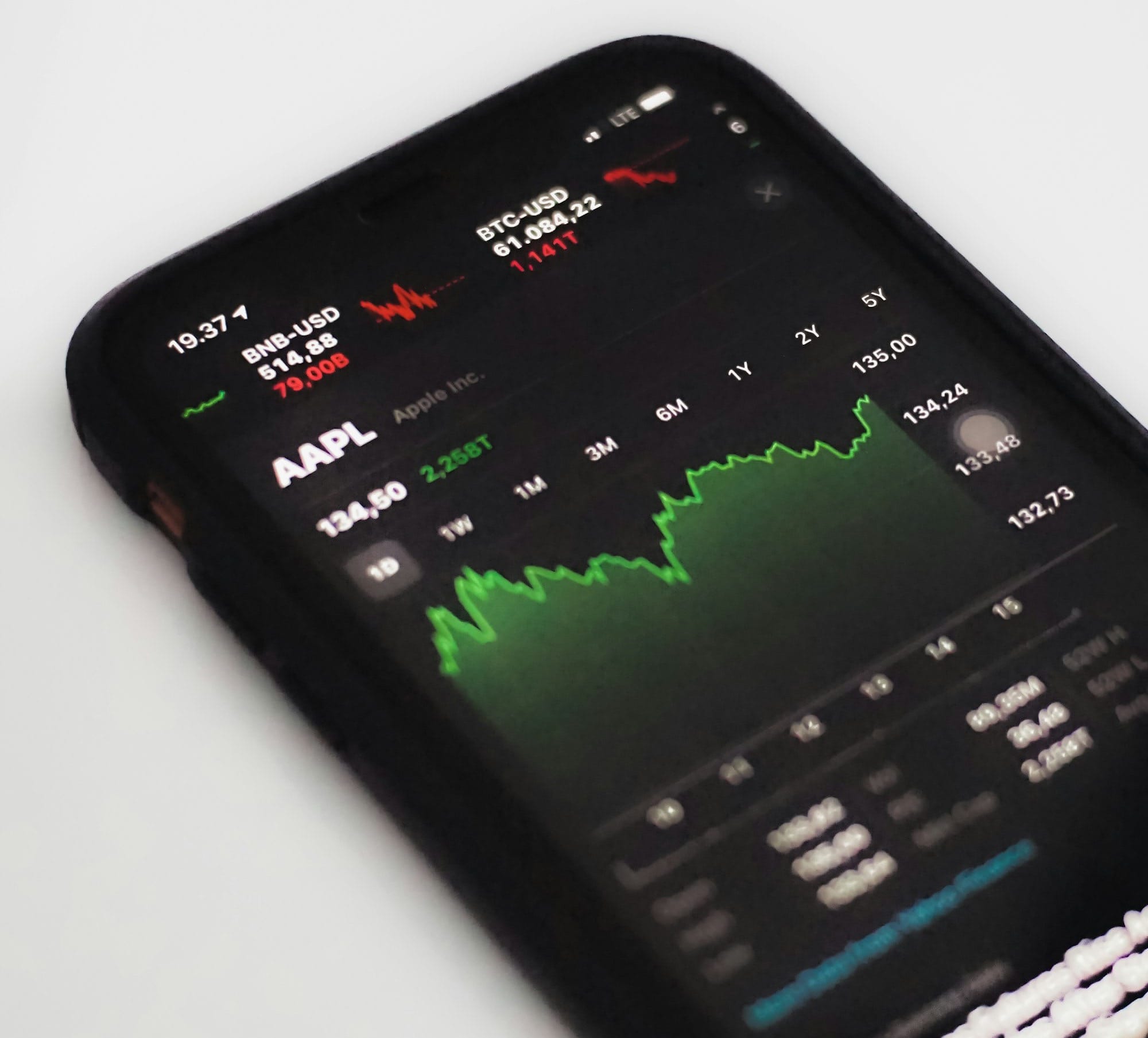Why You Need a Watchlist (Beyond the Stocks You Own)

I was talking with some friends about a recent stock I bought when one said "I just added that one to my watchlist recently.", which made me think... did he add it to his positions, or is he actually just watching the stock? Another friend sharing my confusion thought he bought the stock as well. Finally, confirming that he meant he is indeed just watching the stock, it made me realize that we've lost the meaning of a real watchlist; one that just watches stocks we are interested in, but don't own. So let's dive in on what makes (or doesn't make) a watchlist!
Defining the Term:
Defining this commonly thrown term is quite easy; a watchlist is simply a tool that monitors potential investment opportunities and track market-related events in real time. This is completely different from a portfolio: the list of securities you are invested, actively trading, and your pockets are hurting when it goes down, not someone else's. The reason why there was so much confusion amongst my friends was because of how common beginners get the two confused, though they are very different. Now that we know what makes each unique, let's go over why both are necessary.
But... Why?
Watchlists are an absolute necessity to any independent investor. There are countless stocks on my watchlist for many different reasons: I like the stock, but I have no money; the company is great, but the stock is overpriced; I've previously held the position and want to see how well my exit timing was; I want to see if a prediction I have for that stock is correct, etc. There's an infinite reasons why a stock is on my personal watchlist, and they can differ from why you put a stock on yours. However, one thing should stay the same as long as that stock remains on your watchlist: you are actually watching the stock. While your portfolio is like a watchlist that you are willing to (hopefully) bet on. However, that doesn't mean you can only have one portfolio. For me, on top of my watchlist, I have two portfolios: my personal brokerage and a paper portfolio. You may be asking: "Why does he have a paper portfolio and a watchlist? Shouldn't they be the same?". But a paper portfolio is more than just a watchlist, it's practice investing. Somewhere to try new strategies, try something outside your comfort zone, or be more risky, without the monetary expense.
The Answer
So let's revisit the question: Why do I need a watchlist? You need a watchlist to make life easier for your future investing-self. Whether your main goal from the watchlist is to find good companies or archive your past trades, by looking at your watchlist you should feel better equipped to make future decisions on the stocks you buy. Also, if you found this article helpful, subscribe below.
*This article is for informational and educational purposes only. It should not be considered financial, investment, or trading advice, nor a recommendation to buy or sell any securities or financial instruments. Past performance is not indicative of future results. Markets are volatile and unpredictable; no indicator is foolproof.